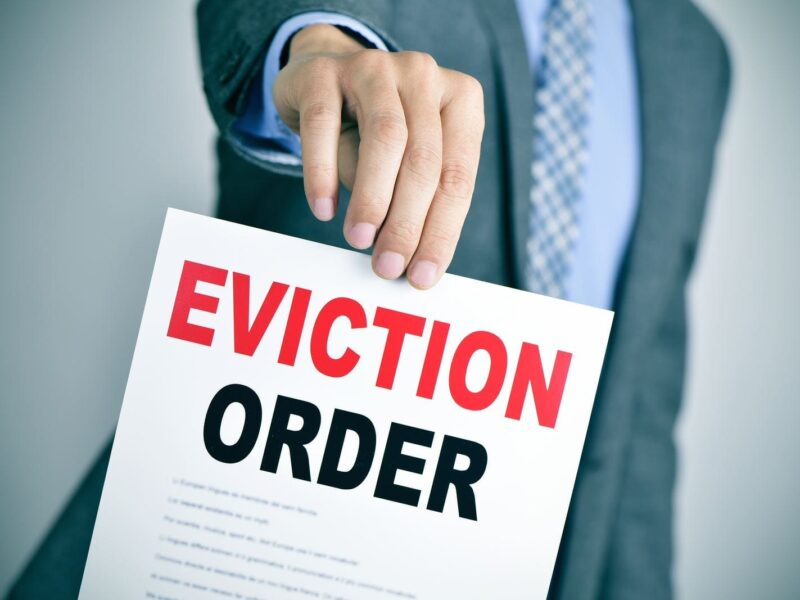
What is Required of the Landlord and Property Manager during Eviction
As a landlord or property manager, you cannot just wake up and decide that today is the day you will have a specific tenant evicted. Things do not work like that, and even if you feel that that’s your property and you can do whatever you wish, you must keep in mind that tenants have rights too.
Whether you plan on evicting a tenant with or without cause, you must follow the rules otherwise you could face a lawsuit. This article aims at explaining those rules and the things to avoid if you want to have a smooth eviction process.
Before an eviction takes place, there have to be different types of eviction notices depending on the situation. Every state has its distinctive ways and requirements on how to write the notices and eviction papers. There are two scenarios; an eviction with cause and without cause and regardless of the situation, the landlord or property manager must follow the rules.
Eviction with cause includes a situation where the tenant has failed to meet the rent deadline, if the tenant is given a chance to make corrections but still fails to, where the tenant is being a nuisance or is disturbing the neighbors’ peace, the tenant has been involved in property damage or when the tenant is engaged in criminal actions. When it comes to eviction with cause, there is also a case of an unconditional eviction where the tenant is not given any other choice but to leave the premises.
Eviction without cause is a situation where the tenant has not violated any rule that could lead to eviction. The decision is entirely based on the landlord’s situation. An example of this is where the property manager wishes repair or renovate the apartments and feels that the tenant will not be comfortable living there during the process.
How does eviction without cause work?
The landlord must send a 30-Day Notice to vacate California if s/he wishes to end the month to month tenancy if the tenant has not violated any rules. In most states, the landlord must have a legally recognized reason as to why s/he wants them to vacate.
This case does not apply in a fixed-term lease. Landlords do not have the power to terminate the contract without a serious or unavoidable cause.
What rules must the landlord follow?
As a landlord or property manager, you cannot evict tenants without involving the court and getting an eviction order. You cannot prevent the tenants from accessing their home and you must not;
- Force or threaten the tenants to leave the premises. Whether you have some personal difference, you must have a relevant and recognized reason or the court to grant you an eviction order.
- You are not allowed to enter the tenant’s home forcefully. They are your premises, it is your property, but that does not give you the right to violate the tenant’s privacy. After the lease agreement, the apartment becomes the tenant’s property, and you must respect that.
- You should never destroy, remove or withhold the tenant’s property. If the tenant has refused to move out willingly, you should not indulge in property destruction and removal. Leave the eviction process to the sheriff instead.
- You are not allowed to change the locks and security devices without consulting with the tenants.
- You are not supposed to put the tenant’s belongings out in the street.
If you do anything to remove the tenant or keep them away from their home by force without an eviction order, you can be sued, and you may end up paying a damage fine of up to $200 per day. The sheriff is the only one allowed to remove the tenant’s belongings from the premises physically.
After the lease termination notice expires and the tenant fails to move out, you can file a lawsuit against the leaser. Note that this is only if the eviction notice has already expired. The court sets a date a hearing date, and if you fail to give a recognized reason for evicting the tenants, the judge will rule against you, and you could be fined and told to compensate the tenant for the lost time. Avoid going through all these troubles by taking your time and learn about the law and the rules you must follow before embarking on the eviction process




